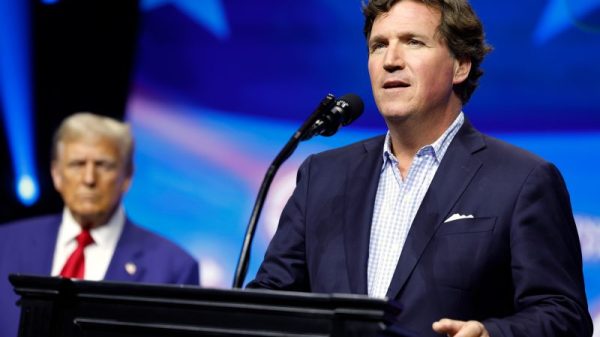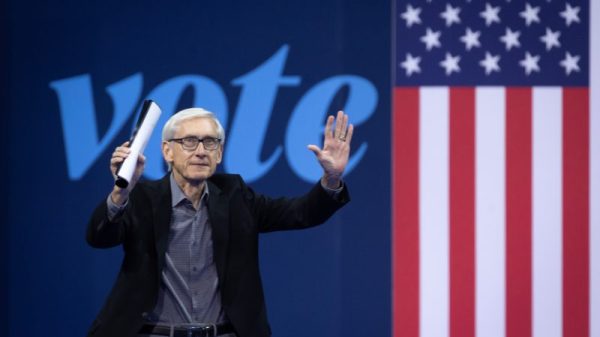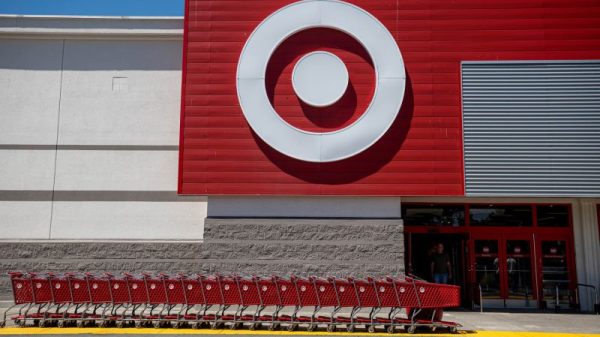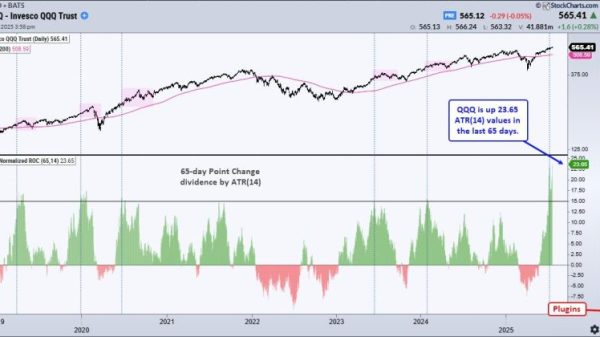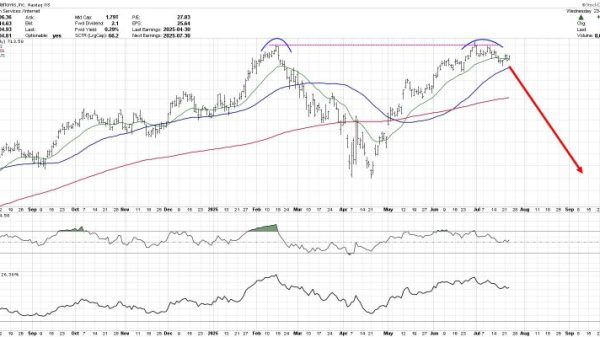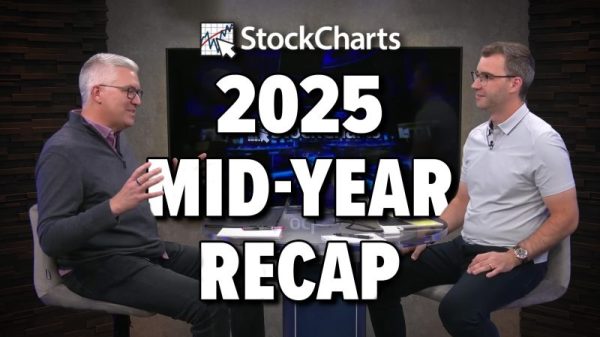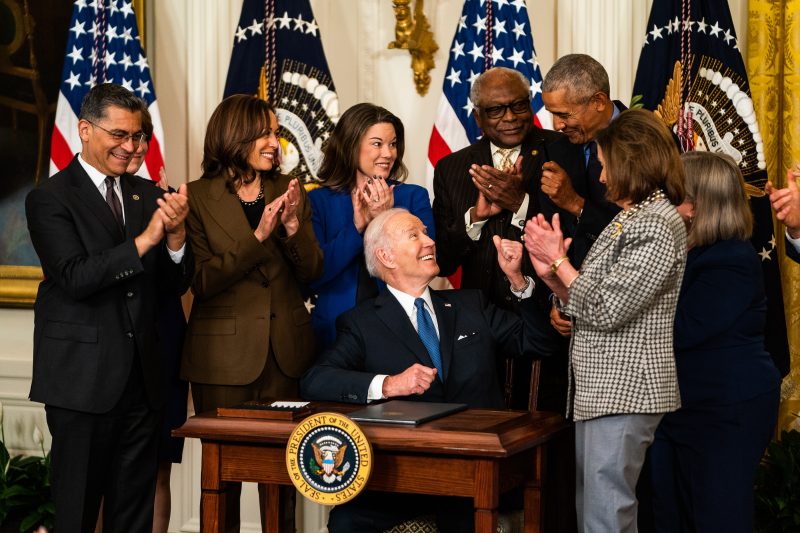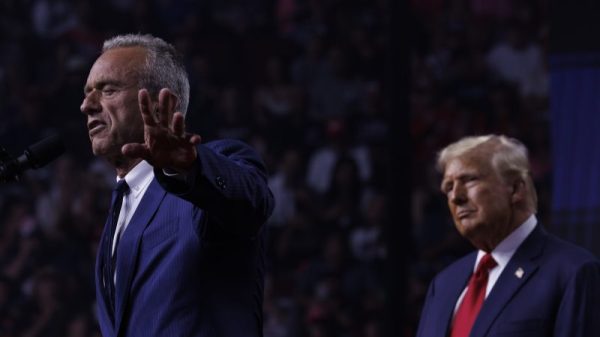President Biden and top Democrats have spent weeks mounting a full-scale blitz to tout the Affordable Care Act, including ads, social media posts, speeches — and a video that blasts rival Donald Trump for “running to ‘terminate’ the ACA.”
Trump — who as president pushed to kill the law and last November reiterated that he wants to “replace” it — has angrily countered on social media that Biden “DISINFORMATES AND MISINFORMATES ALL THE TIME,” and that all Trump wants to do is make the 14-year-old law better.
Biden’s celebration and Trump’s grudging acceptance of the ACA underline a striking reality: a law once derided as “Obamacare” and demonized as a big government power grab is becoming a politically untouchable part of the American safety net, like Social Security and Medicare before it.
More than 45 million people now rely on the ACA and its provisions for health coverage, according to a federal report released last week, and the law’s protections for people who have preexisting conditions have transformed many Americans’ experience of health care. Yet for nearly a decade, Republicans like Trump successfully ran on pledges to “repeal Obamacare” — and Democrats sometimes ran from it, scarred by the law’s bumpy rollout, the constant political attacks and the struggle to communicate its benefits.
Just 33 percent of Americans held favorable views of the ACA in November 2013, weeks after the infamous crash of the Healthcare.gov website intended to let Americans sign up for private health insurance through the law, according to KFF, a nonpartisan health research organization.
But when Trump and his Republican allies nearly repealed the ACA — falling one senator short in July 2017 — it sparked passionate efforts to defend it and catalyzed new, long-lasting support. Today, 59 percent of Americans hold favorable views of the law, according to KFF.
“There was a campaign, starting in 2010, that was all about the negative things that ACA did to you. There was never a campaign about what it brought to you,” said Mollyann Brodie, a KFF executive vice president who oversees its polling operation. Following the near-repeal, she added, “the Democrats were able to switch it on its head, and use the scare tactic — ‘They’re going to take away these popular things you care about.’ They flipped the narrative.”
If voters initially responded to GOP alarms that the ACA was “socialized medicine,” many are now more swayed by its popular provisions, like one that lets young people stay on their parents’ insurance policies through age 26.
That evolution reflects a political reality: while voters often resist sweeping government changes in theory, they tend to become attached to individual programs and concrete benefits. The ACA’s current popularity seems to bear out former House Speaker Nancy Pelosi’s oft-mocked 2010 insistence that once Americans found out what was in the law, they’d want to keep it.
“I’m not surprised that people find the access to more affordable insurance to be a good thing,” said Nancy-Ann DeParle, who served as Obama’s top deputy on health reform, helping shape the law and steer it through Congress. “It’s part of the fabric of our health care infrastructure and safety net now.”
Most Republicans are now wary of mounting another repeal effort, preferring to shift the conversation to friendlier terrain such as the economy and immigration. Even its critics talk about improving it, not destroying it, a tacit recognition that Obamacare is probably here for the long term.
“The ACA continues to be deeply flawed and need radical reform,” said Joe Grogan, who led the White House Domestic Policy Council under Trump.
Democrats, meanwhile, are eager to talk about the ACA on the stump at every opportunity.
“When you’ve got great news to talk about, why would you not?” Health and Human Services Secretary Xavier Becerra said in an interview. The nation’s top health official added that he brings up the ACA “pretty much everywhere I go.”
“Everyone knows Social Security, Medicare and Medicaid — but now you’ve got the cleanup hitter, the ACA marketplace,” Becerra added. “Those four programs keep Americans not just from dropping into the poverty pool, but also keep them alive.”
The ACA’s current popularity sometimes surprises lawmakers scarred by the struggle to enact the law across 2009 and 2010 and the powerful backlash that followed.
That 14-month battle led to Democratic infighting and sparked false accusations, such as former Alaska Gov. Sarah Palin’s claim that the law contained “death panels” to ration end-of-life care. Former president Barack Obama’s approval rating plunged from 66 percent in January 2009, when he entered the White House, to 49 percent in March 2010, the month he signed the ACA into law, according to Gallup’s tracking poll.
Many voters believed that enacting Obamacare would harm their own health coverage. Becerra, a congressman at the time, recalled walking to the House’s final ACA vote and being met by protesters urging lawmakers to “keep your stinking government hands off of our Medicare”— apparently unaware that Medicare, too, is a government-run program.
Less than eight months later, Republicans picked up 63 seats in the House, defeating dozens of Democrats who had voted for the ACA. Political scientist Brendan Nyhan and his colleagues later estimated that the health law cost 25 House Democrats their seats, enough to swing the chamber to GOP control in 2010.
“It was a potent political weapon,” DeParle said. While some provisions immediately took effect, such as allowing young adults to stay on their parents’ health plans until age 26, “people hadn’t yet seen the benefits of the law … and we were continuing to face a barrage of negative ads.”
By his 2012 State of the Union address, Obama was nearly skipping over the ACA in public, devoting just 44 words — 0.6 percent of his speech — to health care and a law that he now calls his proudest achievement. More problems lay ahead, including the failed October 2013 rollout of the ACA exchanges as the website crashed after launch.
“It was so politicized,” said KFF’s Brodie. “The ACA became kind of a proxy for how you felt about President Obama and the administration.”
When Trump won the presidency in 2016, Republicans controlled the White House and Congress for the first time since the ACA’s passage, and they began openly speculating about how quickly they could overturn the law. Conservative policy experts Brian Blase and Paul Winfree, who went on to serve in the Trump White House, published a repeal road map.
Obama staffers who had worked for years to implement the ACA wept in their offices, some recalled in recent interviews, believing the law’s time was up. HHS Secretary Sylvia Mathews Burwell invited the agency’s political appointees to a meeting the morning after Election Day, seeking to reassure them that Republicans’ repeal effort would face serious roadblocks.
“Part of it was understanding, ‘This is not over, team,’” Burwell said in an interview, recounting her efforts publicly for the first time. “We’ve got the substance on our side. Now we’ve got to do what it takes.”
Burwell and her team rolled out a 70-day crash plan to shore up support for the health law, developing targeted maps to show members of Congress how the law was affecting their communities. She worked the phones to reach GOP lawmakers and governors, seeking promises that they would not cut the protections for people with preexisting conditions — one of the most beloved parts of the law, and one of the most integral. Burwell knew preserving that provision would complicate the ability to repeal the broader ACA.
Republicans, meanwhile, found that campaigning on repeal was easier than delivering it. House Speaker Paul D. Ryan (R-Wis.) was confronted by Republican voters who said that the ACA had saved their lives — and by GOP lawmakers angry that Ryan’s repeal plan didn’t go far enough. Ultimately, Sen. John McCain (R-Ariz.) blocked the repeal in a dramatic late-night vote, a move that earned him Trump’s unending fury.
McCain, who died of brain cancer the following year, was joined in his opposition by two other Republican senators, Lisa Murkowski of Alaska and Susan Collins of Maine, and both continue to defend their votes.
Democrats ran on the GOP repeal efforts, helping them recapture the House in 2018. A new generation of Democratic politicians — including Washington state doctor Kim Schrier and Illinois nurse Lauren Underwood — crafted successful campaigns around their personal health care experiences.
Blase, the former Trump White House official, who now leads the conservative-leaning Paragon Health Institute, framed the turnaround in the ACA’s fortunes as part of a natural political cycle.
“The Democrats overreached in 2010, and you had a reaction,” Blase said in an interview this week. “And then the public thought that Republicans overreached on what they were trying to do in 2017, so you had a reaction the other way.”
Today, more Americans than ever have health coverage, with about 21 million insured through the ACA’s private health plans, up from 12 million when Biden took office, according to a federal report released last week. Another 23 million gained coverage through the law’s expansion of the Medicaid program.
The Biden campaign has repeatedly touted the achievement, including in a video released last week in which Obama, Biden and Pelosi marked the law’s anniversary. “Now we have a chance to do even more, but that only happens if we send Joe and Kamala [Harris] back to the White House in November,” Obama urges voters in the video.
The White House regularly invokes the law in its public statements, pointing to Biden’s expansion of subsidies for ACA shoppers and investment in staff to help shoppers find health plans. More ACA-related initiatives are coming this year.
“We have plans to talk about health care regularly,” said Neera Tanden, who leads the White House Domestic Policy Council.
Some Republicans continue to target the law on Capitol Hill, including in a recent budget proposal that seeks to cut spending on the ACA and other federal health programs. Other conservatives are gritting their teeth and offering more limited critiques of a law they say they still passionately oppose.
Blase, for example, criticizes the ACA’s heavily subsidized health insurance plans, calling it “a very efficient mechanism for the Treasury to transfer money to health insurance companies.” The law’s marketplaces, he added, have become a “welfare program.”
But the GOP has abandoned the coordinated “repeal Obamacare” campaigns that helped them win elections for nearly a decade.
And Democrats, with an eye on the upcoming election, have added the ACA to the list of benefits they claim Republicans want to curtail, along with such items as abortion access and Social Security.
But ending the ACA increasingly seems politically untenable. “The only way they’re going to repeal it is politically getting it through Congress, and I just don’t think the votes will be there,” Becerra said. “You’re going to have a whole bunch of very unhappy people protesting, saying, ‘Keep your stinking hands off of our Marketplace coverage.’”
Kevin Uhrmacher contributed to this report.







